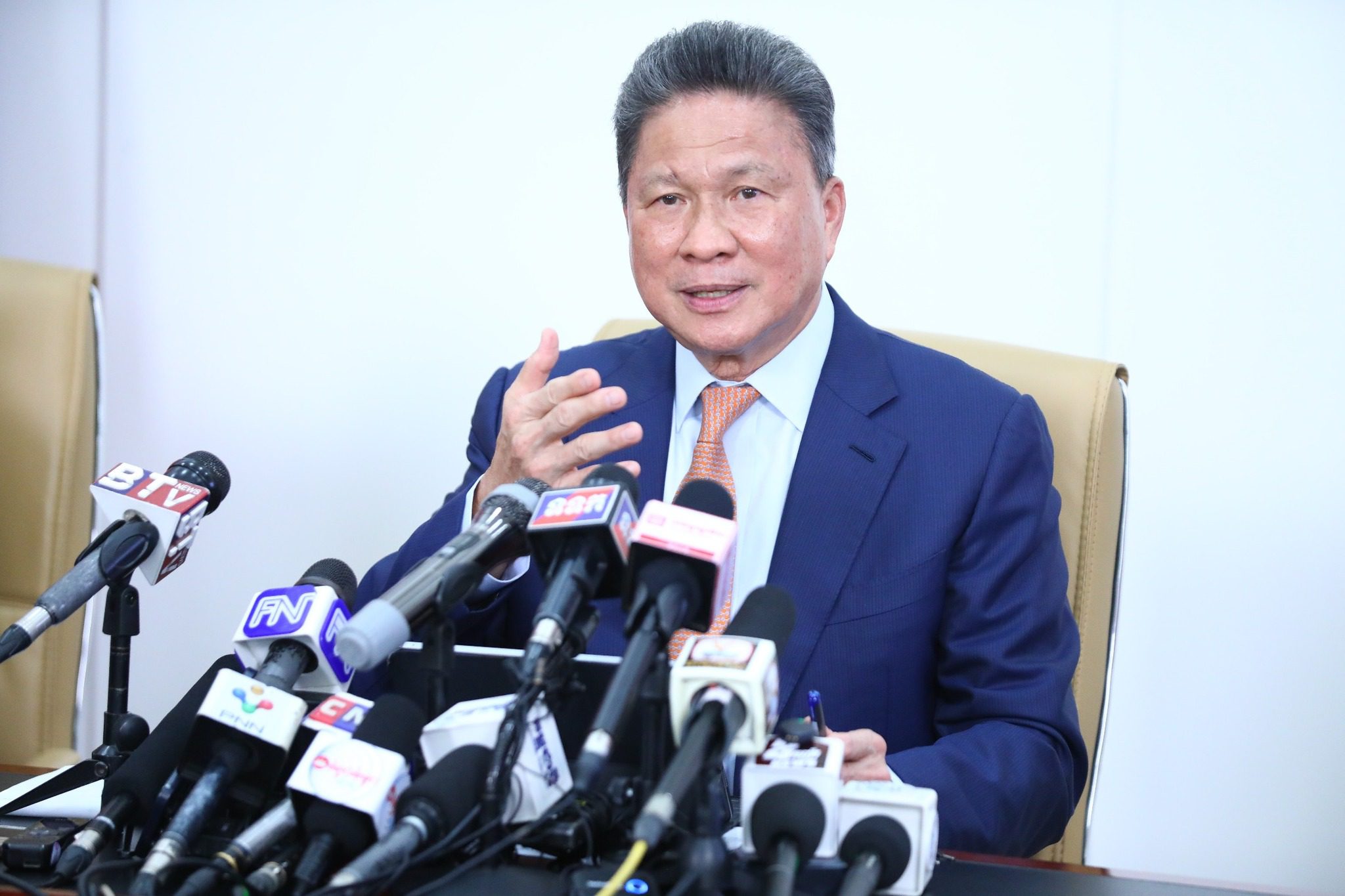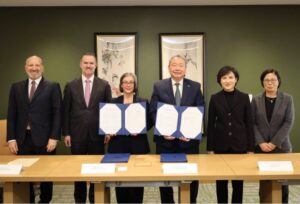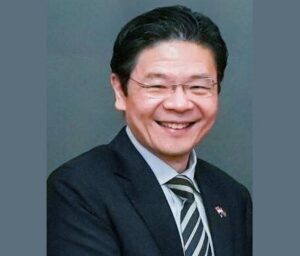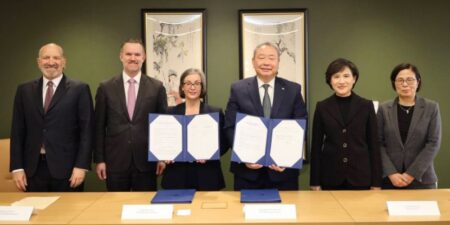
Cambodia Tariff Tracker | July 8, 2025

BGA Cambodia Deputy Managing Director Sophea Ros wrote an update to clients on Cambodia’s trade negotiations with the United States.
Context
- The United States has officially notified Cambodia of a 36 percent tariff on all Cambodian products entering the U.S. market, effective August 1, following extensive negotiations between both parties. However, the reduction in tariffs on more than 11,000 Harmonized System code lines for U.S. exports to Cambodia has not been finalized, leaving room for further negotiations.
- Deputy Prime Minister Sun Chanthol, the leader of Cambodia’s negotiating team, expressed gratitude to Trump during a press conference for reducing the tariff rate from 49 percent to 36 percent. He described the decrease as a success and a positive first step in the negotiation process, attributing it to Cambodia’s willingness to cooperate. Sun Chanthol also expressed optimism for future discussions.
Significance
- Cambodia’s agricultural sector is vital to its economy, with key exports including rice, cassava, mangoes, bananas and cashew nuts, primarily targeting the European Union and China. Rice stands out as the flagship crop, placing Cambodia among the world’s top 10 exporters. The Ministry of Agriculture, Forestry and Fisheries has launched the Agricultural Sector Strategic Development Plan (2024-2028), which emphasizes crop diversification, improved irrigation systems and contract farming initiatives. The government aims to transition from being a raw commodity exporter to becoming a processed agricultural exporter. To support this shift and enhance export capabilities, Cambodia is developing phytosanitary systems for products like mangoes and bananas and has recently begun exporting durians to China. These efforts aim to improve export quality and minimize border rejections, in turn facilitating growth in agricultural exports.
- Cambodia has access to a number of markets beyond the United States. These include other countries within the Association of Southeast Asian Nations, parties to the Regional Comprehensive Economic Partnership free trade agreement, Europe, Australia and New Zealand. The minister of commerce is also leading bilateral trade negotiations. A ministerial meeting led by Prime Minister Hun Manet will convene July 16 to discuss increasing agricultural exports, particularly to China.
Implications
- The Cambodian government can implement several measures to mitigate the impacts of U.S. tariffs. These include working with the private sector to boost productivity, improving skills through existing government mechanisms and promoting industrial harmony. Collectively, these efforts will help Cambodia remain competitive both regionally and globally while discouraging the relocation of production abroad.
- The Cambodian government is committed to implementing measures that advance national goals and promote the interests of companies and workers. This involves sustaining investments while attracting new inflows. Current initiatives include enhancing the efficiency of administrative processes through digital platforms, reducing production costs by lowering logistics expenses and diversifying trade.
We will continue to keep you updated on developments in Cambodia as they occur. If you have any comments or questions, please contact BGA Cambodia Deputy Managing Director Sophea Ros at sros@bowergroupasia.com.
Best regards,
BGA Cambodia Team

Sophea Ros
Deputy Managing Director
Sophea helps BGA clients parse Cambodia’s business environment and identify opportunities to build a sustainable foundation in the country. He has two decades of senior management experience in sectors such as telecommunications, fast-moving consumer goods and hospitality plus experience with international courts and nongovernmental organizations and as a university lecturer. Sophea has a deep knowledge of the investment environment in Cambodia that provides him a nuanced understanding necessary to help companies succeed. Before joining BGA, Sophea led the government and external affairs strategies for a major telecommunications company in Cambodia. Prior to that, he worked for a leading beverages company, ... Read More
×
























